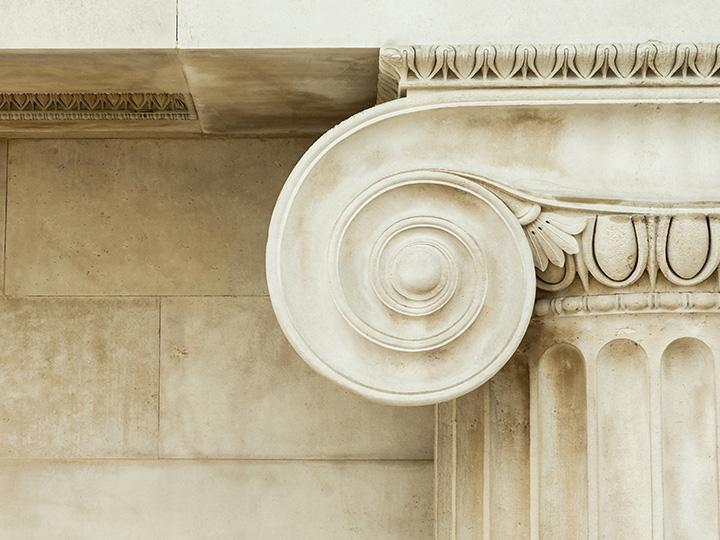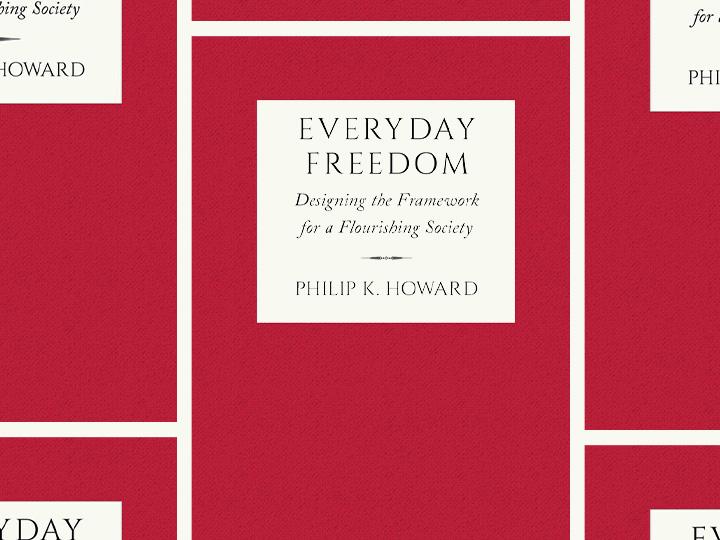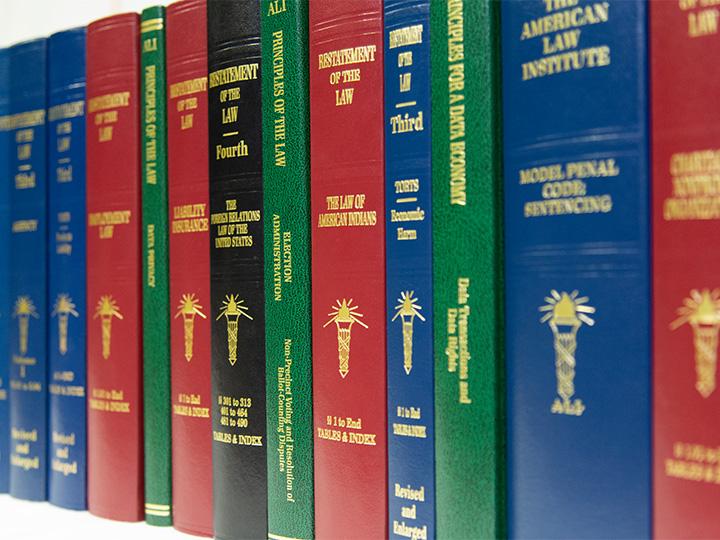Disgorgement or Accounting for Profits? An Analysis of Liu v. SEC
In Liu v. SEC (June 22, 2020), the Supreme Court of the United States held, in an enforcement action by the Securities and Exchange Commission, that a disgorgement order that did not exceed a wrongdoer’s net profits and was awarded for victims constituted “equitable relief” that was permissible under the Securities Exchange Act of 1934, 15 U.S.C. § 78u(d)(5), rather than punitive sanctions, which were historically excluded from the definition of “equitable relief” under the Act.
This episode will discuss the Supreme Court’s decision, both the Securities Act of 1933 and the Securities Exchange Act of 1934, and whether the Court’s reference to “equitable relief” includes the remedy of “disgorgement.” Douglas Laycock, who filed an amicus brief in support of neither party, will lead this discussion.

Andrew Kull
Andrew is a Distinguished Senior Lecturer at The University of Texas at Austin School of Law. He served as Reporter on The American Law Institute’s Restatement of the Law, Restitution and Unjust Enrichment.
He also served as an Adviser for Restatement of the Law Third, Torts: Liability for Economic Harm, and currently serves on the Members Consultative Group for the Restatement of the Law Fourth, Property. He earned his B.A. from the University of California-Berkley and his J.D. from the University of Chicago Law School.

Douglas Laycock
Douglas Laycock is perhaps the nation’s leading authority on the law of religious liberty and also on the law of remedies. He has taught and written about these topics for four decades. Now retired, he was the Robert E. Scott Distinguished Professor of Law and Professor of Religious Studies at the University of Virginia School of Law, and the Alice McKean Young Regents Chair in Law Emeritus at the University of Texas School of Law.
Doug has testified frequently before Congress and has argued many cases in the courts, including the U.S. Supreme Court, where he has served as lead counsel in six cases. He is the author of the leading casebook Modern American Remedies, the award-winning monograph The Death of the Irreparable Injury Rule, and many articles in the leading law reviews. He co-edited a collection of essays, Same-Sex Marriage and Religious Liberty. His many writings on religious liberty are published in a five-volume collection: Religious Liberty: Volume One: Overviews and History; Volume Two: The Free Exercise Clause; Volume Three: Religious Freedom Restoration Acts, Same-Sex Marriage Legislation, and the Culture Wars; Volume Four: Federal Legislation After the Religious Freedom Restoration Act, with More on the Culture Wars; and Volume Five: The Free Speech and Establishment Clauses. Doug was elected to The American Law Institute in October 1983 and was elected to the Council in May 2001. He served as Second Vice President from 2008 to 2015, and as First Vice President from 2015 to 2019. He resigned from the Council and Vice Presidency in 2019 to become a Reporter for Restatement of the Law Third, Torts: Remedies. He is an Adviser to Principles of the Law, Student Sexual Misconduct: Procedural Frameworks for Colleges and Universities, and previously served as an Adviser on Restatement of the Law Third, Restitution and Unjust Enrichment. Before joining the University of Virginia's faculty in 2010, Doug served as the Yale Kamisar Collegiate Professor of Law at the University of Michigan Law School. Prior to that he taught for 25 years at the University of Texas and for five years at the University of Chicago. He earned his B.A. from Michigan State University and his J.D. from the University of Chicago Law School.

Caprice L. Roberts
Caprice L. Roberts is a Visiting Professor of Law at the George Washington University Law School. Caprice regularly teaches Federal Courts, Remedies, and Contracts. At GW Law, she will also teach Property and Leg-Reg. Her scholarship focuses on judicial power and restraint.
Her op-ed on Kavanaugh’s Supreme Court confirmation hearing appeared in the Washington Post. Her works have appeared in prominent journals such as: Florida, Cincinnati, Maryland, Washington & Lee, Villanova, Tennessee, Rutgers, Marquette, Lewis & Clark, Louisville, and Seattle. The United States Supreme Court cited Caprice for accurately predicting novel application of unjust enrichment principles to contract law. Throughout her academic career, Caprice has devoted scholarly and teaching attention to proper judicial role and the advancement of the law of remedies. She recently completed the new edition of the seminal treatise Dobbs & Roberts’s Law of Remedies and has published the 9th edition of a leading Remedies casebook with Doug Rendleman, as well as a coauthored casebook in Federal Courts with Michael Allen and Michael Finch. She has won several awards for her teaching and publications. Caprice is an elected member of the American Law Institute and served on the Consultative Group for the Restatement (Third) of Restitution and Unjust Enrichment. She is the Chair of the AALS Remedies Section and the Deputy Executive Director and Vice-Chair of Programming for the Southeastern Association of Law Schools. She is a Remedies Section Editor for JOTWELL and periodic guest blogger at PrawfsBlawg. She started her academic career at West Virginia University College of Law where she served as Associate Dean of Faculty Research & Development. She also has taught at the University of Florida Levin College of Law, Washington & Lee University School of Law, Florida State University College of Law, University of North Carolina School of Law, Savannah Law School, and Catholic University Columbus School of Law. Prior to the academy, Caprice clerked for Chief Judge Julia Smith Gibbons of the U.S. District Court for the Western District of Tennessee and Judge Ronald Lee Gilman of the U.S. Court of Appeals for the Sixth Circuit. She also practiced complex civil and criminal litigation with Skadden Arps for several years. She received her JD magna cum laude from Washington & Lee University, where she was lead articles editor and named to the Order of the Coif. She obtained her BA in political theory from Rhodes College.
For a transcript of the full episode, please contact communications@ali.org.



